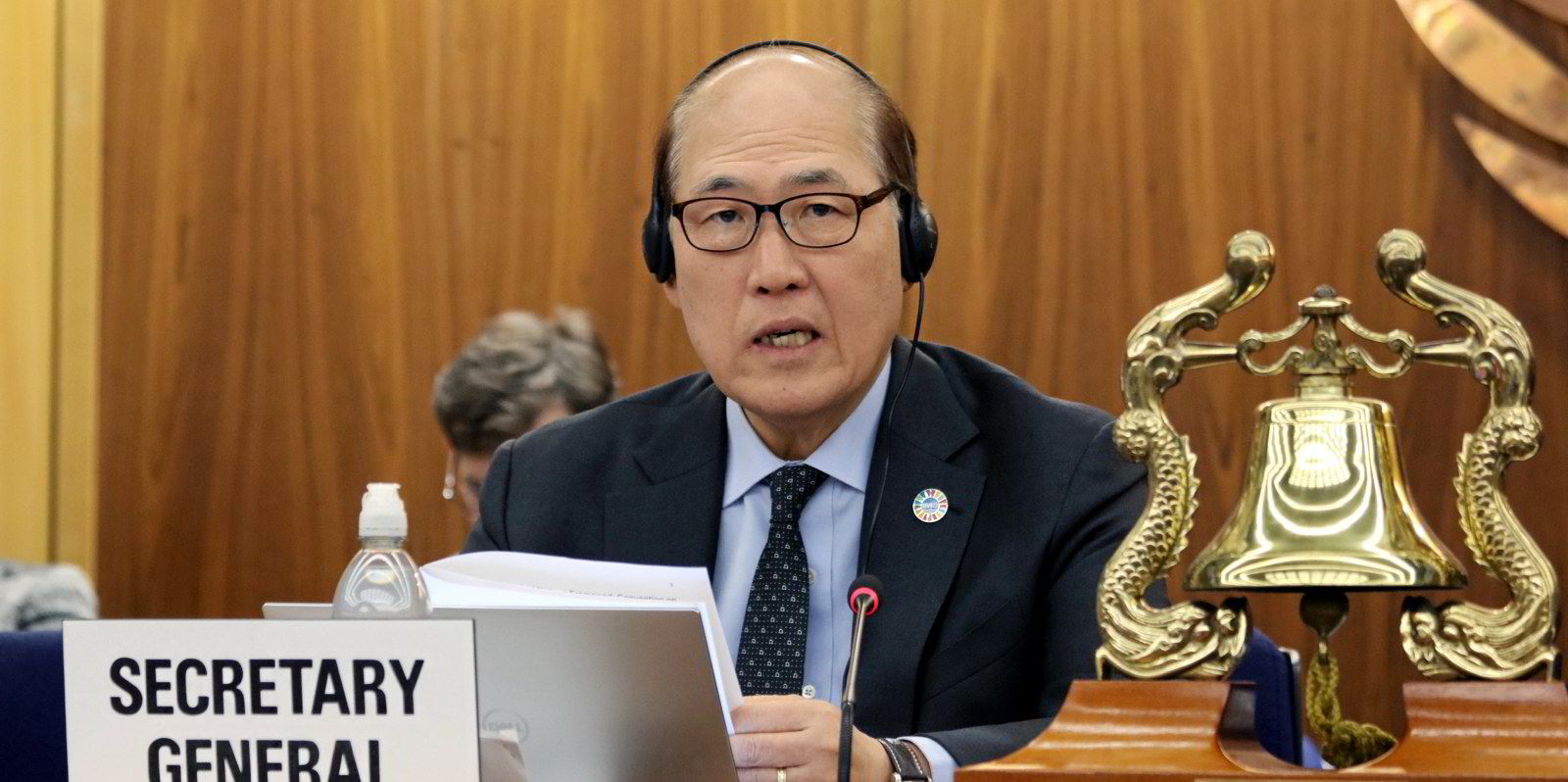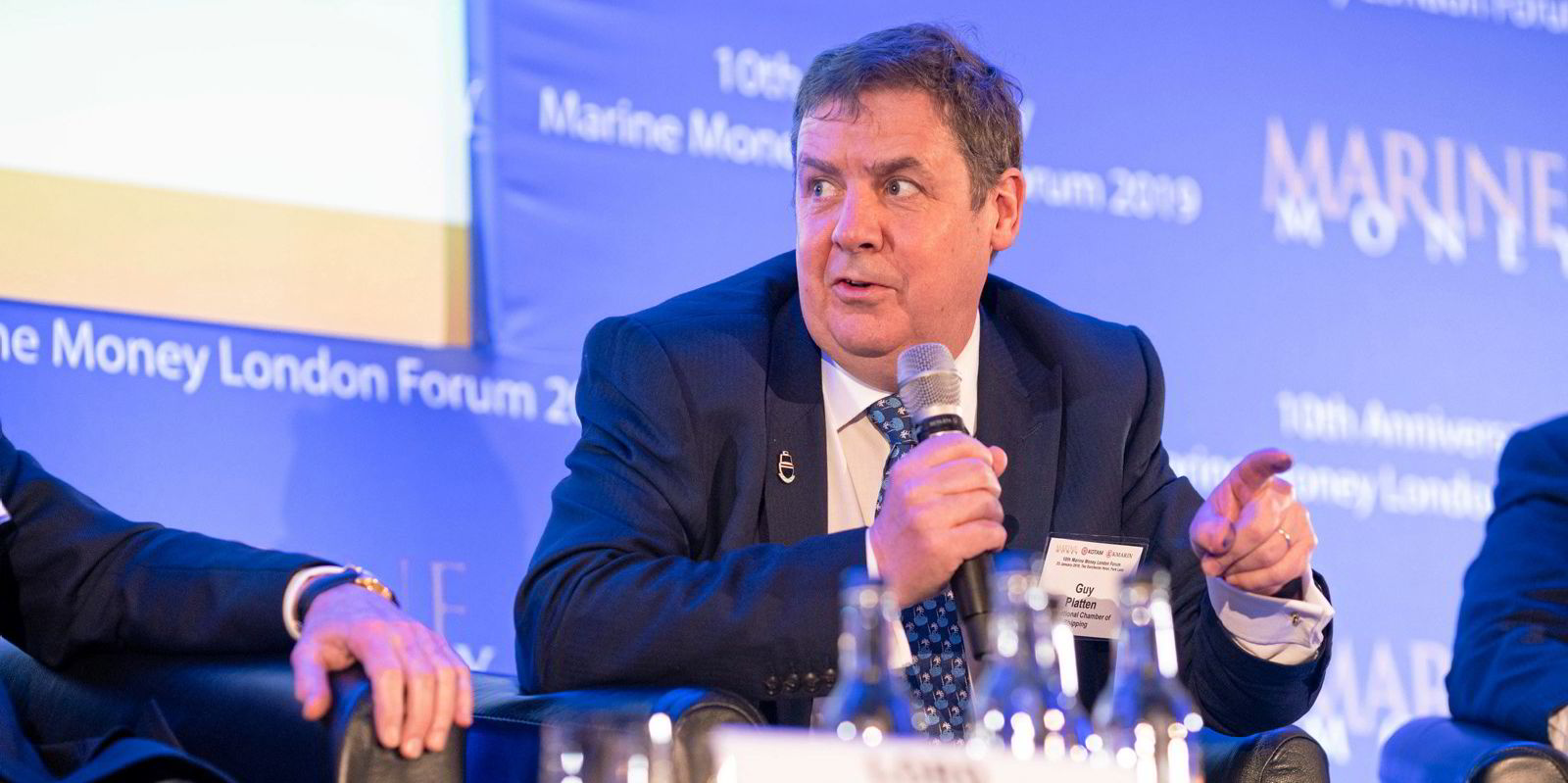Environmental groups are demanding that the International Maritime Organization speeds up action on climate change ahead of a vital meeting next week.
Organisations including Clean Shipping Coalition (CSC) and Ocean Conservancy say the United Nations body faces a “defining moment” in the race to decarbonise shipping.
A total of 175 member states are meeting in London between 20 and 24 March for working group talks as negotiations continue on revising shipping’s current climate targets.
Green groups want urgent strengthening of its 2030 and 2040 greenhouse gas emission reduction targets.
They say bringing shipping into line with the Paris Agreement’s 1.5°C climate-warming limit requires halving emissions from ships by 2030 and reaching absolute zero by 2040.
The group added that the IMO has “a historic opportunity in the next three months to put the global shipping industry on an equitable, 1.5°C-aligned decarbonisation pathway”.
Last year’s negotiations showed a major breakthrough on stepping up climate ambition for shipping, with a clear majority of member states backing the adoption of a 2050 absolute zero-emission reduction target.
But more is needed, the pressure groups argue.
Every year of inaction this decade will add an estimated $100bn annually to the cost of shipping decarbonisation, the organisations believe.
The groups are urging action on pollutants like methane and black carbon, mandatory slow-steaming, a carbon levy of at least $100 per tonne of greenhouse gas and a fuel standard.
Be true to the science
John Maggs, a spokesman for CSC, said: “To trigger shipping’s great transition we need to be true to the science.
“This will set the scene for urgent short-term emission cuts, unlock green investment and stop the industry from wasting billions on false solutions like fossil LNG,” he added.
Lucy Gilliam of Seas At Risk said way-markers can be laid down next week and the course set for a climate-safe, 1.5°C transition for the shipping sector.
Daniele Rao, of Carbon Market Watch, said countries must support the $100 carbon levy proposed by the Marshall Islands and the Solomon Islands, “which is an effective option on the table for reducing greenhouse gas emissions from ships”.
Further talks will be held at the end of June, before the process concludes between 3 and 7 July.
Countries backing the CSC targets include the US, Canada, the UK and more Pacific island nations.




